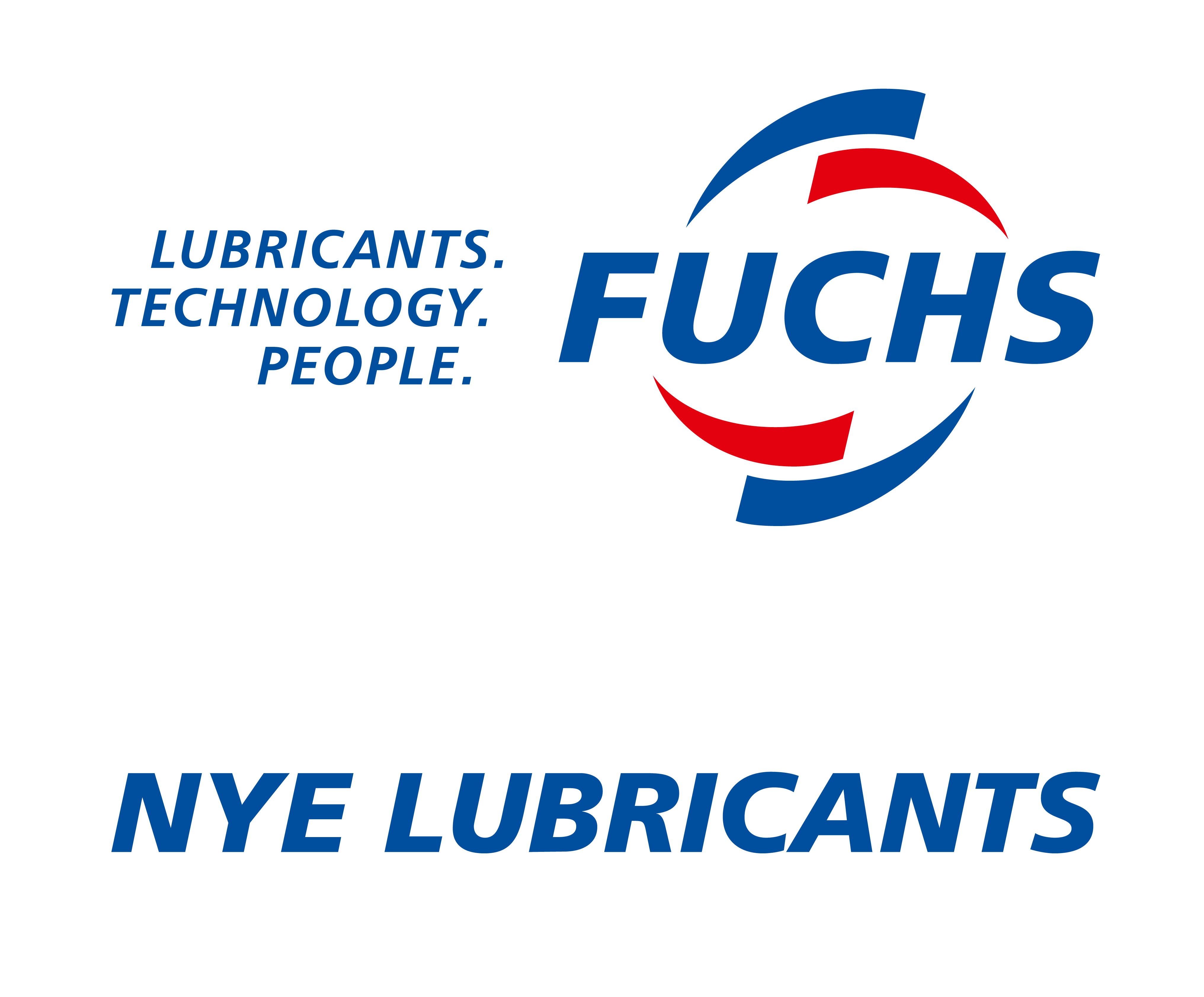Lubrication Trends: Smart Appliances & Cordless Power Tools
Power tools and household appliances have both historically relied on lubrication as a way to prevent friction, minimize wear, and control motion. But as tools and appliances become increasingly electrified and connected, lubrication also plays a critical role in ensuring electrical reliability. We sat down with one of Nye’s Power Tool and Appliance experts, Brian Kinkade, to find out.

More OEMs are shifting towards electric, cordless tool designs. What kind of challenges does this present for engineers?
The biggest challenge is the tradeoff of adding the battery weight to the tool versus the operating time on the battery. Often a bigger battery allows for longer operation between charges. However, a heavier tool can be less desirable, and the placement of added battery weight can affect the balance of the tool in the hand. To reduce weight, engineers might consider increasing the use of plastic parts or consider using smaller motors.
The other challenge is the battery connection. The connection has to be robust enough to work for a long time, supporting multiple battery connection/disconnection cycles, often exposed to debris and moisture, along with the vibration of the tool during operation.
How can grease help address these concerns?
Grease will reduce the friction in the tool drive gearbox, lowering the required running torque and starting torque. This can enable the use of a smaller motor, reducing weight in the tool so that engineers can extend the operating time. Nye offers greases that are compatible with metal-on-metal, plastic-on-plastic, and plastic-on-metal gear boxes.
Nye also has many connector grease solutions to consider for battery connections. Our top recommendation is NyoGel® 760G which is used for improving connection reliability by many OEMs including those in the power tool industry.
Smart appliances are becoming more and more popular among consumers. How do the lubrication requirements differ for smart appliances?
Lets consider the four functional areas within Smart Appliances: sensors, actuators, processors, and interfaces. The primary aspect these four functions have in common is the extensive use of electronics and connectors to wire them together. Grease protects connectors against dust, moisture, and corrosion to ensure reliable, long lasting connections. Additionally, connector grease reduces insertion force which eases mating.
When it comes to selecting lubricants for optical sensors like cameras, thermal sensors, motion detectors, contamination must be considered. All materials, including lubricants, outgas to some degree, and outgassing is akin to evaporation; it is the release of smaller fractional molecules from the bulk liquid or solid material. Any grease used near optical sensors should have low outgassing as the gas could condense on the optics and cause performance problems.
It is also preferred that greases used near humidity and gas sensors (i.e. Carbon Monoxide, VOC, methane) not outgas as this might affect the reading. Some people report that gas sensors can get permanently damaged by the outgassing of silicone greases.
Actuators in smart appliances can be small (ice maker), medium (automated window blind) or large (front gate or garage door opener). But they all need repeatable, reliable and (ideally) silent operation. Selecting the right lubricant can help to ensure this performance even at the broad range temperatures experienced outdoors.
How can lubricants reduce risk for both Power Tool and Appliance manufacturers?
What is really at risk for Power Tool and Appliance manufacturers is brand loyalty and customer satisfaction. A small drop in can represent a significant profit loss. Lubricants contribute to a positive user experience by improving ergonomics, performance, noise reduction, productivity, and reliability. Nye Lubricants works with your design team to select the right lubricants to reduce your risk to customer satisfaction and brand loyalty.
About the Author – Brian Kinkade
As Nye’s Market Development Manager, Brian works closely with the Sales and R&D teams to identify our customers most pressing needs and communicate the solutions that will effectively solve their problem. Prior to Nye, Brian worked for many years marketing and selling engineered products to original equipment manufacturers. Brian holds a Bachelor of Science in Electrical Engineering from Rensselaer Polytechnic Institute and a Master's Degree in Business Administration from Clark University.

